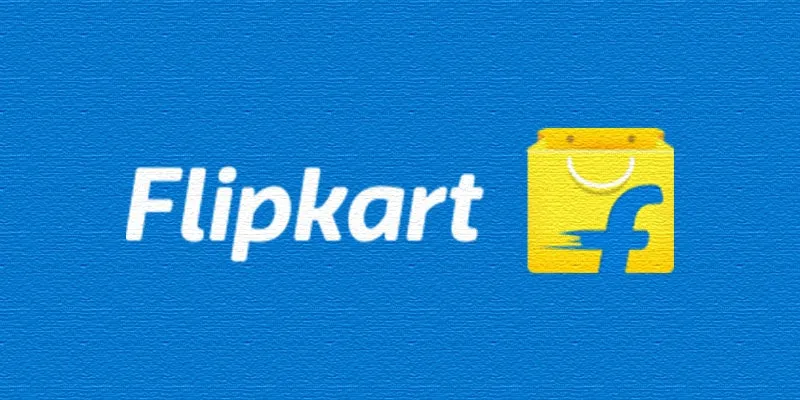Flipkart expands its hyperlocal service to six new cities
Flipkart's hyperlocal service, Flipkart Quick, was launched in 2020 in Bengaluru. It now aims to further its expansion in a phased manner to other cities.
India’s leading ecommerce marketplace has expanded its hyperlocal service – Flipkart Quick – to six new cities - Delhi, Gurugram, Ghaziabad, Noida, Hyderabad, and Pune.
Flipkart Quick was launched in Bengaluru in 2020 to widen the accessibility of products and enable quick delivery for consumers who order products from Flipkart hubs in their location. Now, it aims to introduce this hyperlocal service to other metros such as Kolkata and Mumbai as well other cities in a phased manner.
According to Flipkart, this hyperlocal delivery service offers an assortment of more than 3,000 products in categories such as fresh fruits and vegetables, dairy, meat, grocery, mobiles, electronics, and baby care.

Flipkart Quick leverages the company’s investment in agri supply chain startup and strategic partnerships with other local vendors to build an end-to-end ecosystem. , Flipkart’s logistics partner, is also part of this hyperlocal service.
Sandeep Karwa, Vice-President, Flipkart, said,
“Hyperlocal capabilities are invaluable in enhancing the online shopping experience for consumers and boosting supply chain operations for ecommerce companies. It is important to explore ecosystem partnerships to strengthen such capabilities and accelerate faster, reliable deliveries to customers.”
Flipkart Quick enables consumers to order online and get delivery within the next 90 minutes or even book a two-hour slot, based on their convenience.
These developments come at a time when the nation is facing the second wave of the coronavirus pandemic and cities like Mumbai and Delhi has bought in a fresh set of restriction on the movement of goods and people.
The governments in these states have also restricted the movement of the ecommerce companies asking them to restrict themselves to the supply of essentials.
This has also bought in a certain element of confusion on what would constitute essentials. At the same time, the lockdown restrictions in these cities would also mean a disruption in the supply chain network.
Edited by Megha Reddy








